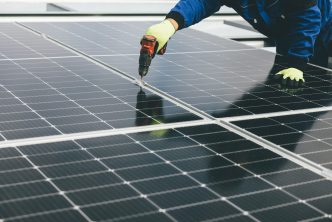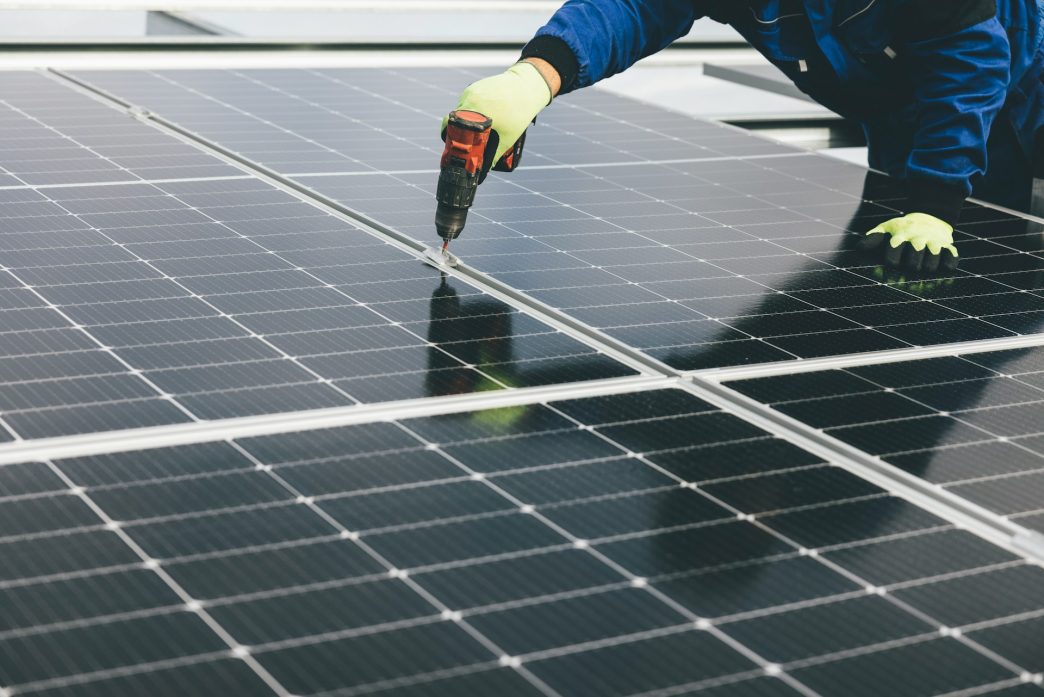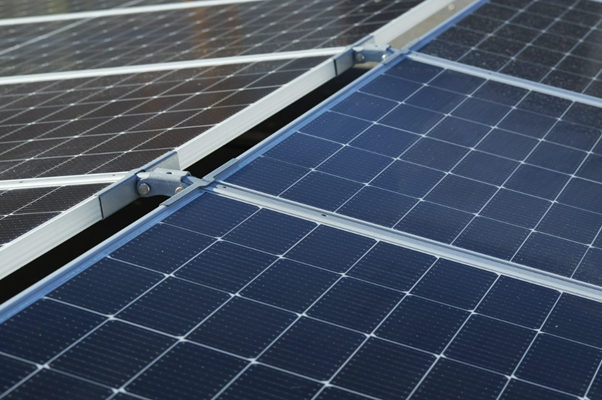As the UK works towards its long-term sustainability goals and aims to reduce carbon emissions, renewable energy sources like solar power are becoming crucial to the country’s energy strategy. To encourage households and businesses to adopt solar energy, the UK government has introduced a range of incentives, grants, and tax rebates that make solar panel installations more affordable and accessible than ever before.
Why Solar Panels Are a Smart Investment
Before exploring the government incentives available, it’s essential to recognise why solar panels are a wise investment for homes and businesses. Solar energy is a clean, renewable source of power that offers significant long-term financial savings. Once installed, solar panels generate free energy from the sun, helping to reduce electricity bills. Furthermore, as installation costs have fallen over the years, solar energy has become increasingly affordable, making it accessible to a broader range of people.
Beyond the financial savings, installing solar panels helps reduce the reliance on fossil fuels and contributes to the UK’s goal of becoming net-zero by 2050. This is where the government’s incentives and grants come into play, making it easier for individuals and businesses to invest in solar energy.
Key Government Incentives for Solar Panel Installations
- The Smart Export Guarantee (SEG)
The Smart Export Guarantee (SEG) is one of the key initiatives introduced by the UK government to encourage solar energy adoption. This scheme allows individuals and businesses with solar panels to sell excess energy back to the grid. Under the SEG, energy suppliers must offer customers payments for the electricity they export to the national grid.
The payments vary depending on the supplier, but solar panel owners can earn money from the excess energy their system generates. This not only helps offset the initial installation cost, but it also incentivises the efficient use of renewable energy. The SEG is available to homes and businesses with solar panels, making solar power even more cost-effective.
- VAT Reduction on Solar Panels
To make solar energy more accessible to homeowners, the government has reduced the VAT rate on solar panels and related energy-saving products. Previously, a standard VAT rate of 20% was applied to solar panel installations. However, in 2022, the government announced a temporary VAT reduction to 5% for domestic installations, bringing the cost of going solar down significantly.
This VAT reduction makes solar panel systems more affordable for households and businesses. For many, the savings on VAT can be substantial, making the initial investment in solar technology even more appealing.
- Green Homes Grant Scheme (Expired but Replaced by ECO4)
The Green Homes Grant Scheme, which ran between 2020 and 2021, provided vouchers to homeowners in England to help fund the installation of energy-efficient improvements, including solar panels. Although this scheme has ended, the government has replaced it with the Energy Company Obligation (ECO4) scheme, which continues offering financial support for energy efficiency measures.
The ECO4 scheme provides funding for households on low income or those in fuel poverty to improve their homes’ energy efficiency. This includes assistance with installing solar panels and other energy-saving measures like insulation and heating upgrades. While the ECO4 scheme targets vulnerable households, it plays a crucial role in making solar energy more accessible to people who may not have otherwise been able to afford the upfront costs.
- Renewable Heat Incentive (RHI)
The Renewable Heat Incentive (RHI) is another crucial government programme that encourages renewable energy installations, though it is focused more on heat generation. The RHI is designed to incentivise installing renewable heating technologies like heat pumps and solar thermal panels. Under the scheme, homeowners and businesses can receive financial payments based on the renewable heat they produce.
While the RHI is primarily for heating systems, it is integral to the UK’s broader renewable energy strategy. Many homeowners choose to install solar thermal panels to generate hot water, and the RHI helps reduce the cost of this investment. The scheme is expected to continue until 2025, helping to increase the uptake of renewable heating solutions.
How Government Sustainability Goals Are Driving Solar Growth
The UK government has set ambitious sustainability targets, including a legally binding commitment to achieving net-zero carbon emissions by 2050. To meet these targets, the government invests heavily in renewable energy, with solar power being one of the key technologies driving this transformation.
The government is making it easier for individuals and businesses to transition to solar energy by providing financial incentives and grants. These initiatives support the solar industry’s growth while also contributing to the UK’s commitment to reducing greenhouse gas emissions.
As solar panel technology costs continue to decrease, government support ensures that solar energy remains affordable for many consumers. This is crucial in achieving the UK’s renewable energy targets and reducing reliance on fossil fuels.












